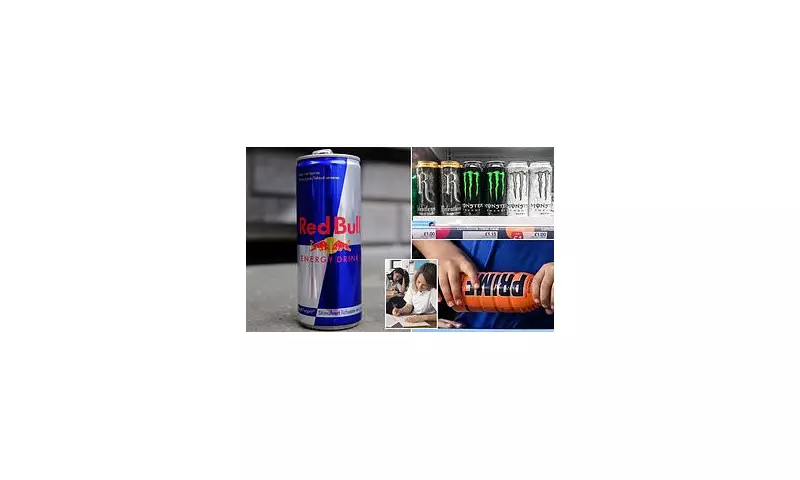
The UK government is taking decisive action against the growing concern of energy drink consumption among schoolchildren. Ministers are now actively considering implementing a nationwide ban on selling high-caffeine energy drinks to anyone under the age of 16 in England.
This proposed legislation comes in response to mounting evidence linking these highly caffeinated beverages to poor concentration and disruptive behaviour in classrooms across the country. Education professionals and health experts have long warned about the negative effects these drinks have on young people's wellbeing and academic performance.
The Impact on Learning Environments
Teachers and school administrators have reported significant concerns about students consuming energy drinks before and during school hours. The subsequent sugar crashes and caffeine-induced anxiety have been directly connected to reduced attention spans and increased behavioural issues during lessons.
Many schools have already taken independent action by implementing their own bans on energy drinks within school premises. However, without a unified national policy, students can still easily purchase these products from local shops before arriving at school.
Health Concerns Driving Policy Change
Medical professionals have highlighted several health risks associated with children consuming energy drinks, including:
- Elevated heart rates and blood pressure
- Sleep disturbances and insomnia
- Increased anxiety and nervousness
- Dental health problems from high sugar content
- Potential weight gain and metabolic issues
The high caffeine content—often equivalent to several cups of coffee—poses particular risks to developing bodies and brains.
Industry Response and Implementation
While some major retailers have voluntarily restricted sales to under-16s, the government's proposal would create a consistent legal requirement across all vendors. The ban would apply to drinks containing more than 150mg of caffeine per litre, which encompasses most popular energy drink brands marketed to younger consumers.
This move represents part of a broader government strategy to improve child health and educational outcomes through targeted policy interventions. The consultation process will involve discussions with educators, health professionals, and industry representatives to ensure effective implementation.





